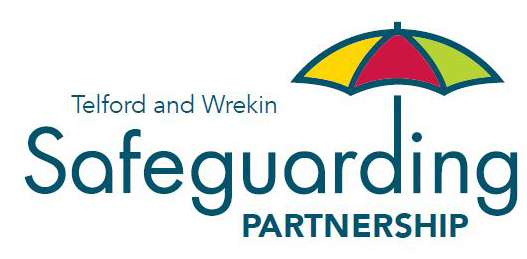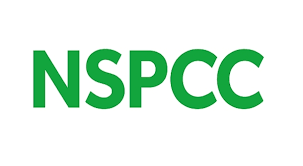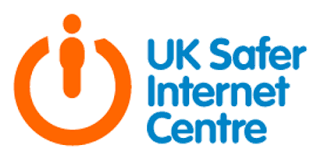Safeguarding and promoting the welfare of children is defined as: protecting children from maltreatment; preventing impairment of children’s mental health and physical health or development; ensuring that children grow up in circumstances consistent with the provision of safe and effective care; and taking action to enable all children to have the best outcomes.
Safeguarding is not just about protecting children from deliberate harm. It relates to many aspects of school life including:
- pupils’ health and safety
- the use of reasonable force
- meeting the needs of pupils with medical conditions
- providing first aid
- educational visits
- intimate care
- internet or e-safety
- appropriate arrangements to ensure school security, taking into account the local context.
Safeguarding Children from Abuse – Possible Signs and Indicators
Do you know what to look for, what abuse looks like? Do you know what to do if you are worried or concerned about a child you think maybe being abused?
Sexual Abuse
A child may:-
- Behave in an sexual inappropriate way.
- Become withdrawn or clingy.
- Have emotional outbursts.
- Become secretive.
- Act out sexual acts with toys or objects.
- Have physical discomfort –anal/vaginal soreness.
- STI’s/Pregnancy.
- Avoid or fear of being alone with certain people or family members.
- Show sexual awareness beyond their experience or age.
Emotional Abuse
A child may:-
- Have physical/emotional delay in development.
- Over react to mistakes.
- Say, I’m stupid, I’m worthless etc. I deserve this…
- Freeze, become trance like.
- Self comfort, thumb suck, hair twist or rock.
- Self-harm.
- Fear parents being contacted.
- Have poor school attendance.
- Be very passive or aggressive.
Physical Abuse
A child may:-
- Be unusually fearful of adults.
- Be unnaturally compliant to parents.
- Refuse to discuss injuries/fear medical help.
- Withdraw from physical contact.
- Be aggressive towards others.
- Wear cover up clothes.
- Behave in a way that you would not expect for their age or development.
An abuser may say the child is clumsy, fabricate or induce illness in a child.
Neglect
A child may:-
- Be dirty or smelly with unwashed clothes.
- Persistently have inadequate clothes or equipment, ie no coat or PE kit.
- Turn up to school hungry not having breakfast. Asking for or stealing food.
- Have untreated injuries, missed doctors or dental appointments.
- Skin sores, rashes, flea bites, scabies or ringworm.
- Be thin or have a swollen tummy.
- Be tired and/or pale.
- Have poor language, communication and social skills.
Woodlands’ Safeguarding Team
Designated Safeguarding Leads
If you have any concerns about a child, including those related to Child Exploitation (either criminal or sexual) or online safety, please contact one of the safeguarding leads in school as soon as possible. As shown above your Designated Safeguarding Leads at Woodlands are Mrs Crilly, Mrs Duncombe, Miss Smallwood, Mrs Fisher, Mrs Murray, Mrs Craven and Mr Jackson.
- If you are not satisfied with the response from any of the above, we recommend that you call Family Connect with your concerns on the following number – 01952 385385.

Child sexual exploitation (CSE) is a type of sexual abuse. When a child or young person is exploited they’re given things, like gifts, drugs, money, status and affection, in exchange for performing sexual activities. Children and young people are often tricked into believing they’re in a loving and consensual relationship. This is called grooming. They may trust their abuser and not understand that they’re being abused.
Children and young people can be trafficked into or within the UK to be sexually exploited. They’re moved around the country and abused by being forced to take part in sexual activities, often with more than one person. Young people in gangs can also be sexually exploited.
Sometimes abusers use violence and intimidation to frighten or force a child or young person, making them feel as if they’ve no choice. They may lend them large sums of money they know can’t be repaid or use financial abuse to control them.
Anybody can be a perpetrator of CSE, no matter their age, gender or race. The relationship could be framed as friendship, someone to look up to or romantic. Children and young people who are exploited may also be used to ‘find’ or coerce others to join groups.
Finding out your child has been sexually exploited can be distressing and you might not know what to do next. Young people often trust their abuser and don’t know that what’s happening is wrong or are unable to tell anyone due to fear, intimidation and violence. The NSPCC have advice to help you keep children and young people safe from sexual exploitation. Child Sexual Exploitation & How to Keep Your Child Safe | NSPCC

Child criminal exploitation (CCE) is when young people are manipulated by gangs and criminals into committing crimes, like holding onto or selling drugs, carrying weapons and committing theft or burglary. County lines is the most common type of activity, where young people are recruited to distribute drugs from cities into smaller towns and rural areas.
A young person may be caught up in CCE and not even realise it, because to them being part of a gang feels like being with their friends. They feel important, protected and respected.
Some young people are also made to feel like they have no choice but to commit these crimes, and they’ll be scared to speak out about what is happening. Find out more here: Child criminal exploitation advice for parents | LiveSafe
Woodlands’ Pupil Safeguarding Team
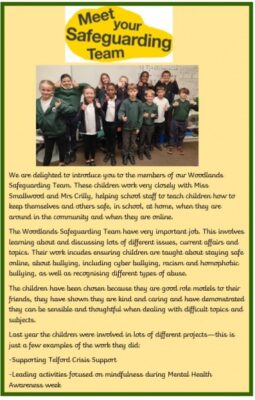
At Woodlands we strive to give our pupils a voice and the opportunity to engage in an array of different issues, current affairs and topics. As a school, we have a statutory duty to teach children about keeping themselves and others safe. This includes ensuring children are taught about staying safe online, about bullying including cyber bullying, sexual abuse and exploitation and gender based violence.
The primary focus for Woodlands’ Pupil Safeguarding Team is to develop knowledge of how to safeguard themselves and others, in order to increase the number of children who feel safe in school and outside within their local community. The safeguarding team addresses a wide range of issues facing the young people within our school and local community, including: poverty, abuse, addiction-including gaming, homelessness, mental health, knife crime and child and criminal exploitation.
Our Safeguarding Team, work in partnership with Telford and Wrekin’s Safeguarding Children’s Board in order to teach pupils in much greater depth, about how to stay safe, how to protect themselves from harm and how to take responsibility for their own and others’ safety. Their work has included:
-
Delivering whole school assemblies, including NSPCC PANTS assembly
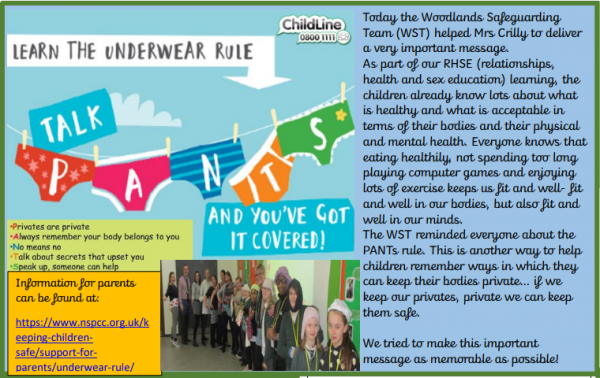
Woodlands NSPCC SOSS Participation Certificate

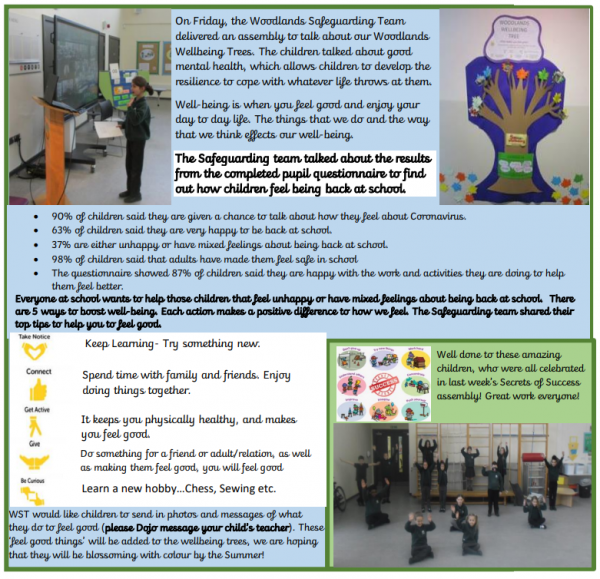
-
Working with local authors to support positive emotional health and wellbeing.

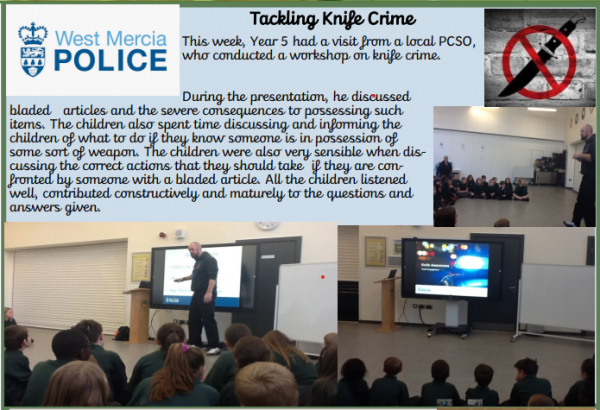
-
Working with local councillors to achieve the ‘building bridges award’ aimed at encouraging families to become more involved in the local community.

-
Worked with Telford Crisis Support to raise awareness of child poverty and equality
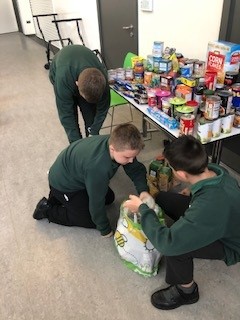
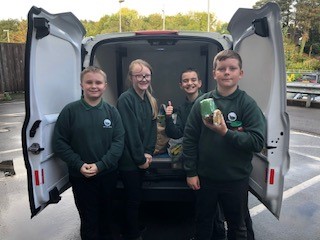
-
Addressing issues surrounding the impact of excessive gaming on mental health and wellbeing and producing an information leaflet for pupils and families.
Gaming and My Mental Health Leaflet
-
considering the impact and educating the school community about child-on-child abuse, again producing an inforamtion leaflet for pupils and families.

Please view our Policy Page for associated and relevant policies, including:
Child Protection and Safeguarding
E-safety and Safe Use of Devices
Low Level Concerns Policy
Safer Recruitment
Child on Child Abuse Policy
Safeguarding Supervision Policy
Internet Safety
Please visit our e-safety page for detailed information and support.
https://woodlands-sch.org.uk/home/learning/e-safety/
On this page, you will find:
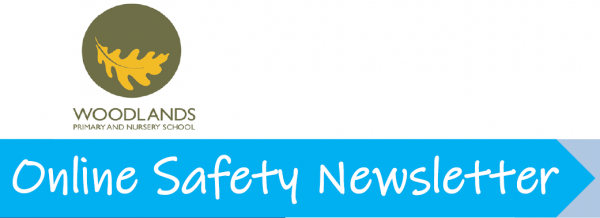
Woodlands’ produce an online safety leaflet for parents each month which is shared via Class Dojo with our parents and carers. For example:
Online Safety Newsletter Primary September 2023_Woodlands Telford_04-09-2023
Online Safety Newsletter Primary April 2023
Online Safety Newsletter July 2022

To ensure that all stakeholders are aware of their duties in keeping children safe online, we ask that all staff, parents and children sign an Acceptable Use Policy for technology (see above).
The websites and apps below, detail further hints and tips for keeping children safe online regarding specific games and app, and for starting conversations with your children about their online use. Additional websites can also be found on our e-safety page.
EXAMPLES OF Keeping children safe online – parent Guides-for more please visit our e-safety pages
A Guide for parents and carers on Child Sexual Exploitation
Internet-Matters-Guide-Balancing-Screen-Time-5-7-KeyStage1
Internet-Matters-Guide-Balancing-Screen-Time-7-11-KeyStage2
Internet-Matters-Guide-Online-grooming-what-parents-need-to-know
Internet-Matters-Tips-Keeping-children-safe-while-online-gaming
Internet-Matters-Tips-Things-you-need-to-know-about-cyberbullying
Child Protection and Safeguarding Policy Appendix 3 West Mercia Missing Procedures
Child Protection and Safeguarding Policy Appendix 2 FGM Practice Guidance
Child Protection and Safeguarding Policy Appendix 1 The Child journey in Telford & Wrekin
